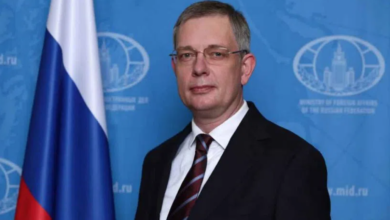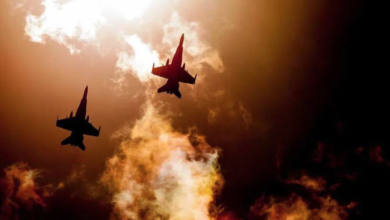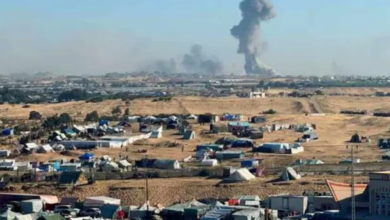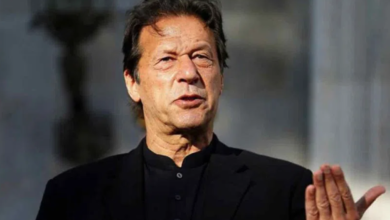Pakistan’s oil deal with Russia shows it’s getting best of ‘both worlds’. India must take note

While millions of Pakistan watchers saw the theatrics of its domestic dysfunctionalities unfold yet again, much happened at the international level for our neighbour that is of direct concern to us. Though India consumes a relentless broadcast of Pakistan’s epic shenanigans through news and social media, little attention has been directed to how Islamabad’s concoction of geoeconomics and geostrategy with nonchalant desperation to hold itself together could be affecting India’s key foreign policy strongholds vis-à-vis relations with Russia and commitment to the Indo-Pacific.
What is going on?
The many faces of a failed State
Pakistan, in a stronger alliance with the West, is deftly navigating the frustrations incurred by denied IMF bailouts. Over the last year, it has also emerged as a major supplier of weapons to Ukraine. At the same time, Pakistan has also clinched an oil deal with Russia at discounted rates, just like India. Furthermore, Pakistan has successfully negotiated with Russia for a broad spectrum investment, and its ties with the US are working again. But the story doesn’t end here.
Pakistan’s Junior Foreign Minister Hina Rabbani Khar was in Stockholm at the recently held 2nd edition of the EU Indo-Pacific Ministerial Forum, at the joint invitation of EU High Representative for Foreign Affairs and Security Policy Josep Borrell and Swedish Foreign Minister Tobias Billstrom. The interesting bit is that Rabbani not only charmed the power echelons at Brussels in her signature chiffons, but she also ingeniously stated Pakistan’s desire to join the EU’s Indo- Pacific projects.
The first time Pakistan’s former Army chief, General Qamar Javed Bajwa, went to Brussels and stated a similar desire was on 22 February 2022 – one day before then Prime Minister Imran Khan visited Moscow on the eve of Russia’s Special Military Operation. Anyone following Pakistan knows that the army chief holds more power than even the elected prime minister. The symbolism of two powerful men, each simultaneously engaging arch rivals of the geopolitical divide, seemed laughable then but should have raised some concern in India.
A year later, Pakistan has positioned itself as the US’ sepoy in the Indo-Pacific against the bulwark of China. Of course, with Beijing giving $500 million to Islamabad’s dangerously depleting foreign reserves and making other significant investments, it is clear that Pakistan is no fortification against China. It is yet another success of the Pakistani deep State to sell its “many faces” story.
Pakistan has also entered into separate talks with the EU over deepening multidimensional relations with the bloc, a major investor in the region’s Global Gateway and Coordinated Maritime Presences. While the US and the EU are pursuing their own interests in the Indo-Pacific, Indians should know the mettle of their country cousins better. No matter how productively Pakistan places itself in the larger game of geopolitical rivalry, its engagement with the US and the EU shall be a win for China in undermining India’s interests and pre–eminent position in the region.
The Pakistani State’s actions adhere to often intersecting parallel realities of a global order currently undergoing a bifurcation of sorts with the war in Ukraine and the US-China rivalry.
Amid this divided global order, Pakistan is capitalising on the vulnerabilities of the combatants, playing all sides along three verticals that should matter most to India.
First, it has emerged as a core Western ally in supplying weapons to Ukraine. Second, it has struck a deal with Russia to buy discounted oil from the latter and is charting long-term trade and investment plans with Moscow without much opposition from the West. Third, it is making forays into the Indo-Pacific, riding on the US and EU’s shoulders – India’s allies in the region – to New Delhi’s annoyance and Beijing’s delight.







